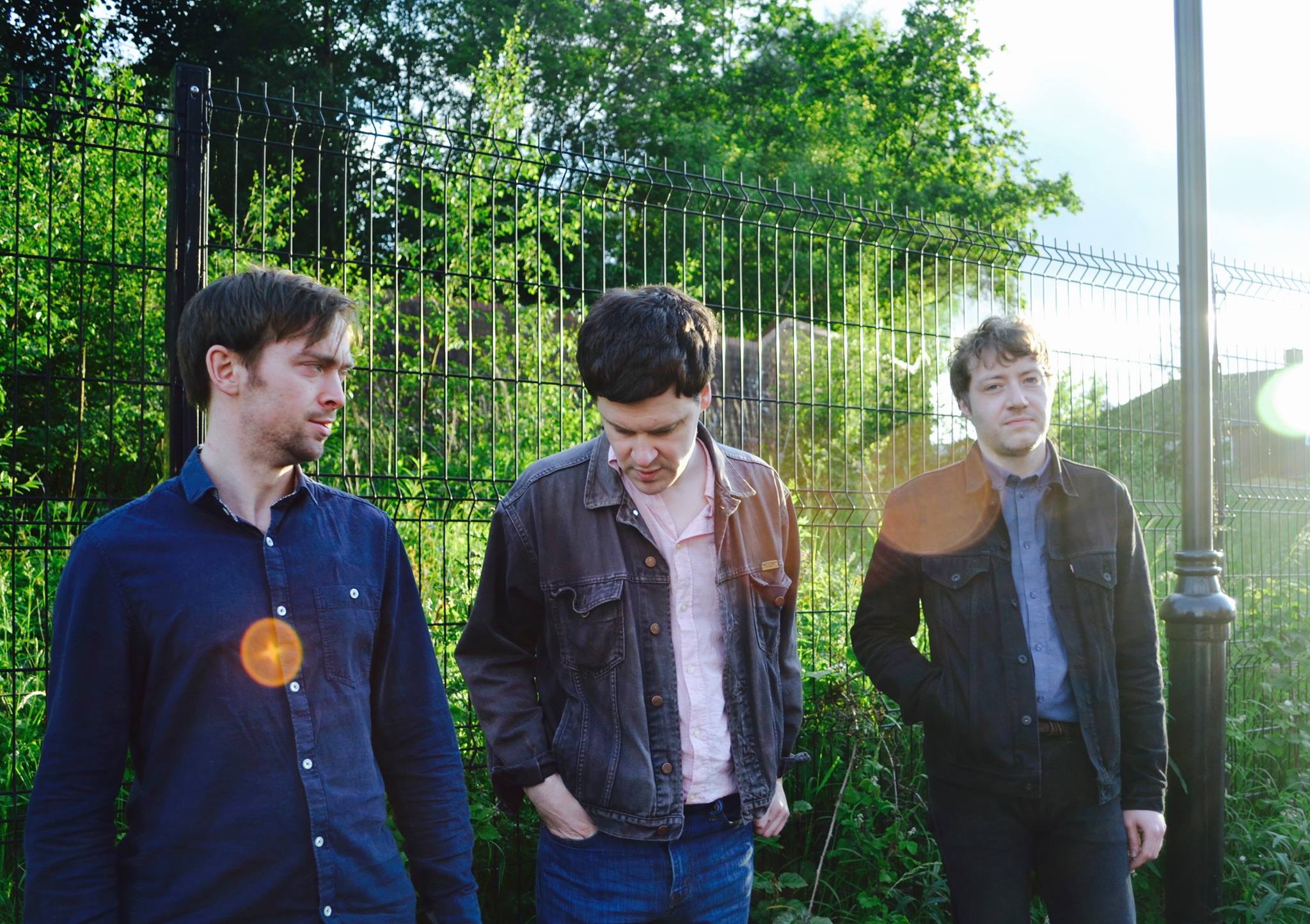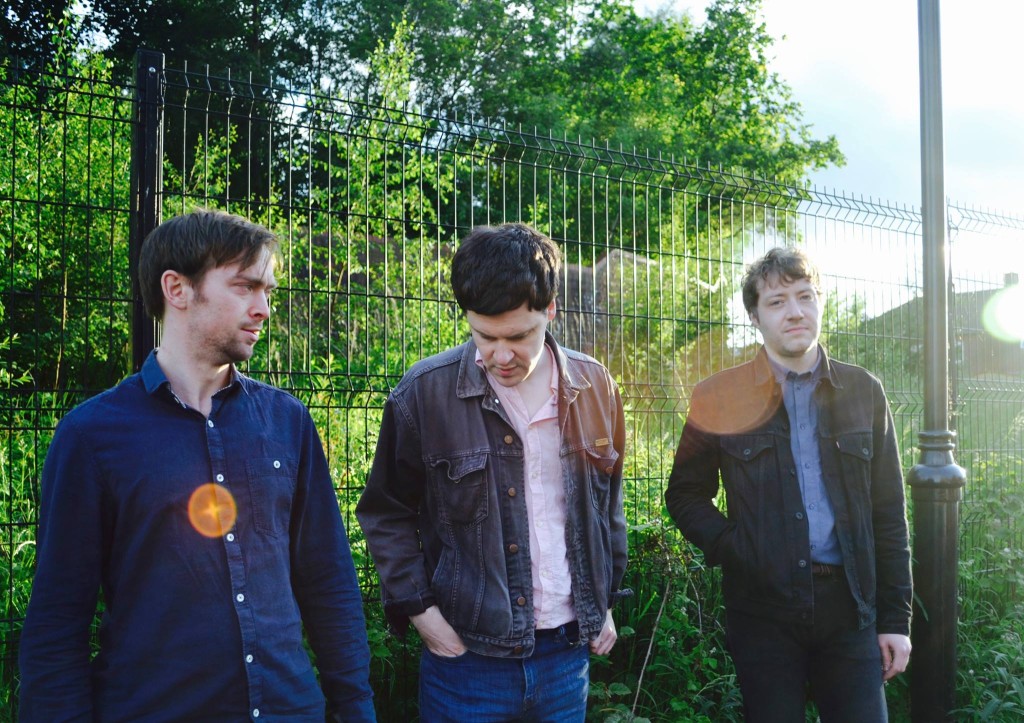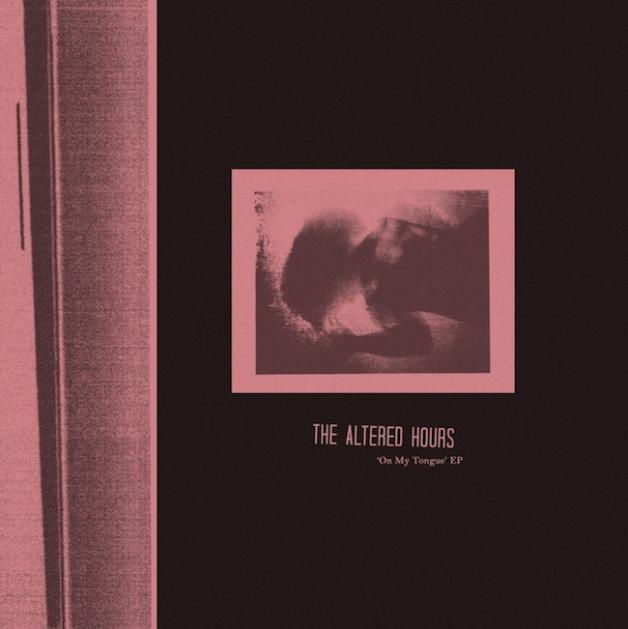Sea Pinks frontman Neil Brogan reflects on the pleasures and slight pitfalls of compiling and releasing new compilation Minimum Wage – BBC Sessions (& Others). See below for video premiere for lead single ‘Minimum Wage’.
A few months ago we went into a studio in Amsterdam and recorded three songs. We were on tour at the time and it seemed like a good thing to do on our day off. When I came to think about what to do with these tracks I remembered we had recorded some other songs for the BBC. After being broadcast just once years ago most of these were now half buried on internet pages no longer maintained, more or less forgotten. So I thought, why not put these together and make an album of it? And that’s what I did, although because a massive corporation was involved it turned out to be a more complicated business than I initially imagined. I’ll come back to that later.
The first BBC session I ever did was a disaster. When I was 18 I won a demo competition, first prize of which was a day (a whole day!) recording at a BBC studio in Belfast. I had no idea what I was doing and turned up with some half-finished ideas, which failed to develop as the hours dragged by. I think the only thing that was sort of completed was an instrumental I made up on the spot, on a harpsichord (of all things) I found sitting in a corner. This was in a massive studio normally used for TV programmes. At one point the producer anxiously told me the session was costing thousands of pounds of studio time. The session was eventually abandoned, never to be broadcast.
Years later, when we came to record the second Sea Pinks BBC session amidst the hauntingly empty set of the Nolan show, we had a couple of hours to get it right. A team of trainees quickly set up the mics, and the engineer, outside in a recording truck, seemed keen to get on with things. I remember helping him look us up on his phone so he could get a reference for the vocal sound. When I heard the recordings that ensued, I didn’t much like them, at least at first. The vocal was too loud, the guitar too compressed and low in the mix. But after coming back to these tracks for this compilation I started to appreciate them. I got to like the richness of the vocal sound and the way all the parts are nicely and simply delineated so you can hear everything easily, including the mistakes.
That’s the thing about session recordings. They have an objectivity which is always sorely lacking in anything self-produced. At their best they are a candid snapshot of how a band actually sounds when they play together. And as with live performance, an experienced sound engineer who knows their room well enough should be able to capture the sound of any band playing in that room. That might not be the idea the band has in its head of how they sound but it will be the actual sound of them playing in that room at that time.
I think that’s why I like this record so much. Every song is played like it matters and recorded objectively. There’s an energy to the performances. And apart from anything else it captures us as a band playing together, were the studio albums are composites of us playing at different times.
When I decided to try and license these songs from the BBC I was told it would cost me £1200 to use eight songs. That was nearly the end of it, but then I heard about a music organisation which has a deal with the BBC were such license fees are waived. That organisation has a fee of its own, but it’s a lot more manageable than £1200 upfront. So anyway I joined up, and here we are. In total its cost about £700 to put out this album digitally, including paying for the other tracks used, mastering, artwork and membership of said organisation.
As soon the album was announced I had people emailing and commenting, asking about a vinyl release. I knew this would happen. But here’s the thing, I already put out a record this year which I haven’t finished paying off. A run of 300 records costs upwards of £1200, so that would push me over £2000 to put out another album that was only ever intended to be a second tier, bit on the side type release. I mention all this in passing because I think it’s worth pointing out that all this physical and digital product costs actual money upfront. For DIY labels and self-funding bands like us physical overheads can really blow up the budget of a release and put a lot of pressure down on the heads of those trying to get their music out there. And that’s before we even talk about paying out for recording costs, promo, radio pluggers etc.
I like records. There’s nothing better than holding and playing your own record for the first time (unless it sounds like shit). But let’s be honest, they are an indulgence for the most part that most of us who like music could live without. Apart from anything else, no-one seems to talk about the environmental impact of manufacturing and shipping vinyl and other physical music formats around the world in an era where most music is streamed digitally.
We’re well aware that most people will choose to stream or rip this record, rather than buy it. The album is called Minimum Wage partly in recognition of this. It’s really meant as a little treat for anyone who might be interested. A digital stocking filler for the cool dad or surly teen in your life.
And for anyone who wants to buy a download, please be assured your support will help us put out more releases in future, on whatever format best fits, whenever we can afford it.
Sea Pinks’ Minimum Wage – BBC Sessions (& Others) is released 08.12.17 via all good digital outlets. Pre-order here.






